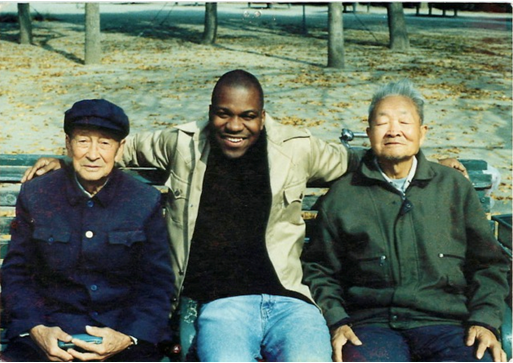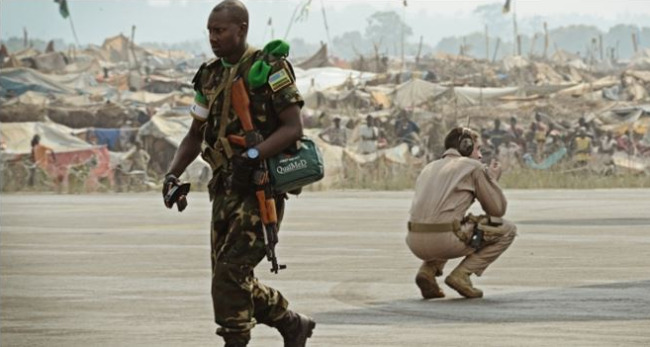Economy
The economy is an essential attribute of power and a major component of international relations. While geopolitical tensions are on the rise, economic interdependence remains strong.
Related Subjects


From Financial Diplomacy to Geopolitics of Finance
The financial system has become too complex to be controlled at state level.
Russia: Business and State
Business in Russia today is closely intertwined with the political sphere. But the forms of business’s involvement in politics have differed radically at different stages in history. Initially, business played an active role, displacing the government from its position due to its vigorous expansion. Subsequently, the state began to regroup, reinforcing its positions not just in politics but in the market too. Despite increased economic uncertainty and enormous changes in Russia’s foreign policy positions, the government currently remains the central actor in both Russian politics and the economy.

The “One Belt, One Road” – Strategic Implications of a Chinese Infrastructure Network in Eurasia
China’s “One Belt, One Road” project, also known as the “New Silk Road”, aims to create a vast infrastructure network connecting three continents, with China playing the central role.

TISA, TTIP: How Trading is Done on Europe’s Behalf
The way in which bargaining mandates are granted to the Commission for the purpose of leading the European Union’s commercial negotiations make it a unique negotiator.

Algeria’s Permanent State of Economic Crisis (1999-2015)
When President Bouteflika came to power in 1999, he sought to liberalise the country’s economy. But these reforms were reversed after only a few years.
Economics in Narendra Modi’s Foreign Policy
A distinct feature of Prime Minister Narendra Modi’s first year in office was the remarkable speed and alacrity with which he moved on external engagement. During his first twelve months as Prime Minister, he travelled to almost twenty countries in different parts of the world. Indeed, Modi appeared to be guided by the impression that high rates of economic growth cannot be generated only by domestic policies and initiatives.
Leaving to Come Back: Russian Senior Officials and the State-Owned Companies
When Dmitry Medvedev announced in late 2014 that the presence of ministers and other officials should be sharply increased on the boards of public companies, observers were surprised, considering that four years before the former President started a campaign to remove them from the very same structures.
China and Africa: the Honeymoon is Over
For the new geopolitical reality called “Chinafrica”, the future may not be destined to be as radiant as the official win-win rhetoric would have us believe. Although the beginning of the century was notable for the exponential development of Sino-African trade (which grew from $10 billion in 2000 to $210 billion in 2013), a series of emerging problems seem to be signalling that the Sino-African honeymoon is over and that we are back with the harsh realities of the globalised economy.
Agreement on the Trans-Pacific Partnership (TPP) in Atlanta. TPP and TTIP: Power Games in the U.S. Congress
Our analysis on the Agrement on the Trans-Pacific Partnership (TPP) in Atlanta: President Obama is now seeking approval from Congress. He might be getting more support from the Republicans.
Thinking and Anticipating the Socio-Economic Impacts of the Humanitarian Response in the Central African Republic
Nowadays, the Central African Republic (CAR) is a country dependent on international aid.
Support independent French research
Ifri, a foundation recognized as being of public utility, relies largely on private donors – companies and individuals – to guarantee its sustainability and intellectual independence. Through their funding, donors help maintain the Institute's position among the world's leading think tanks. By benefiting from an internationally recognized network and expertise, donors refine their understanding of geopolitical risk and its consequences on global politics and the economy. In 2025, Ifri supports more than 80 French and foreign companies and organizations.









